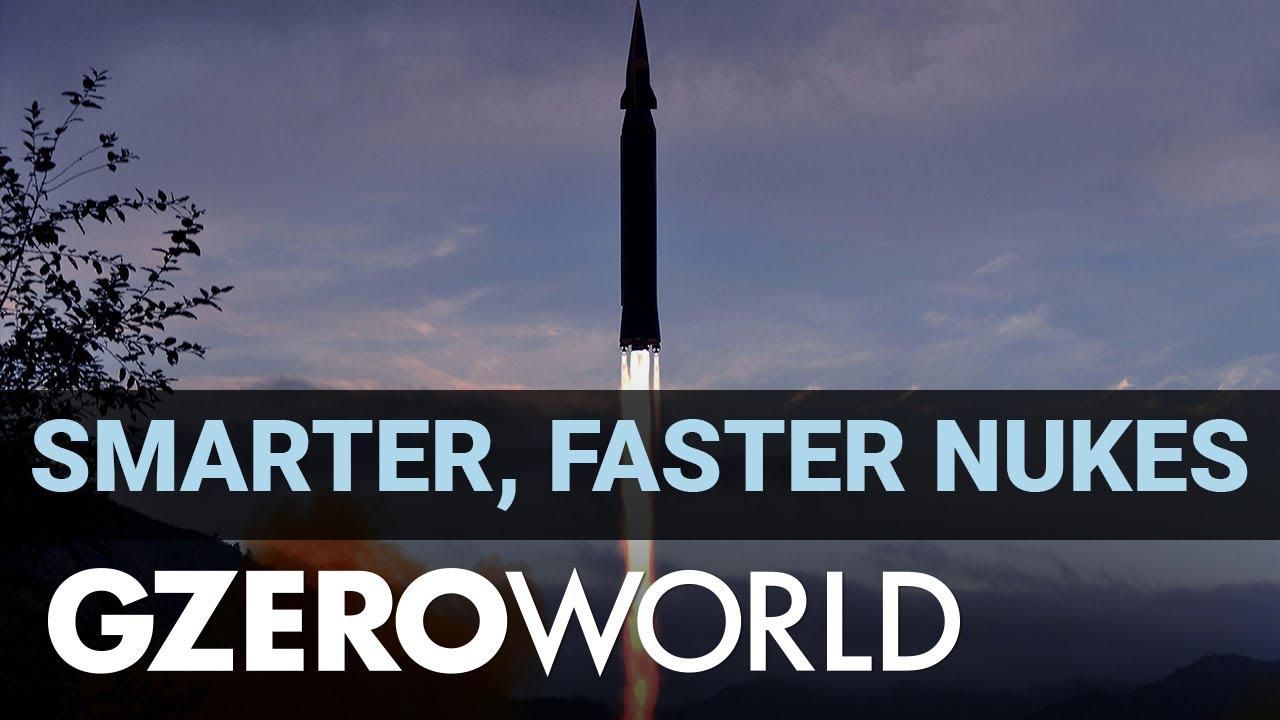
There's a lot of talk about nukes these days — but not about Cold War-era massive arsenals and mutually assured destruction. Nuclear weapons expert Kelsey Davenport says the risk of something going horribly wrong is rising because countries like China or Russia are developing smaller warheads and high-tech delivery systems such as hypersonic missiles, which traditional arms control agreements don't take into account. "We have to be more creative than thinking just about the numbers," she explains, adding that what's more destabilizing is countries investing in nukes that are so nimble and travel so fast they can penetrate US defense systems. Watch her interview with Ian Bremmer on the upcoming episode of GZERO World on US public television - check local listings.
- What We're Watching: North Korean bluster, EU aid for Afghanistan ... ›
- What We're Watching: Kim goes hypersonic, confident Europeans ... ›
- The Graphic Truth: Nuclear weapons — who has what? - GZERO ... ›
- New US president, same old focus on Iranian bomb - GZERO Media ›
- Nuclear weapons - which countries have what? - GZERO Media ›
- Podcast: A tale of two Koreas with veteran Korea journalist Jean Lee - GZERO Media ›
- Podcast: Do nuclear weapons keep us safe? An arms control expert weighs in - GZERO Media ›
- Nuclear arms control: perspective from arms control expert Kelsey Davenport - GZERO Media ›